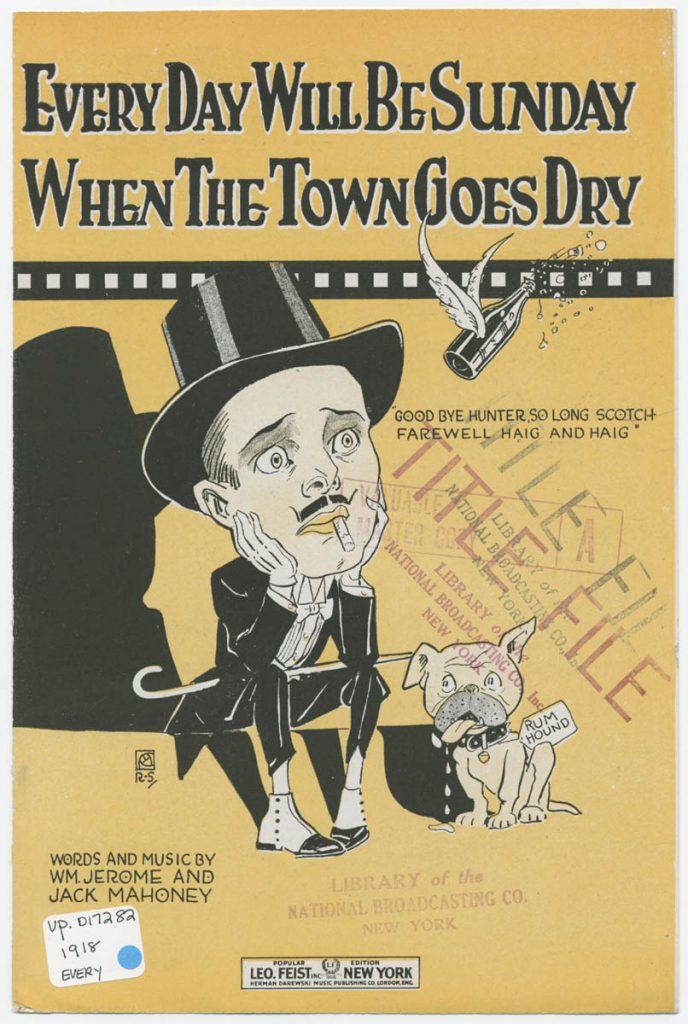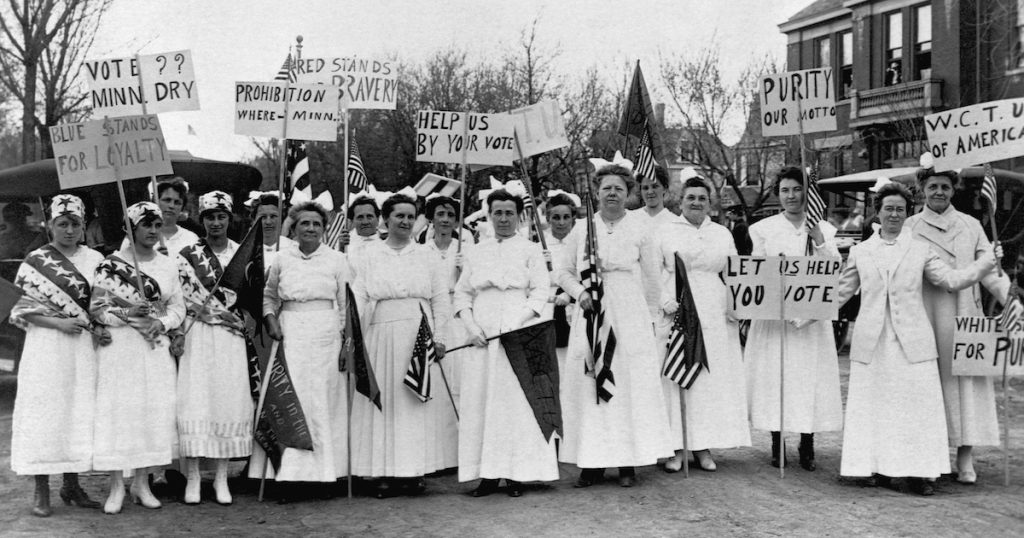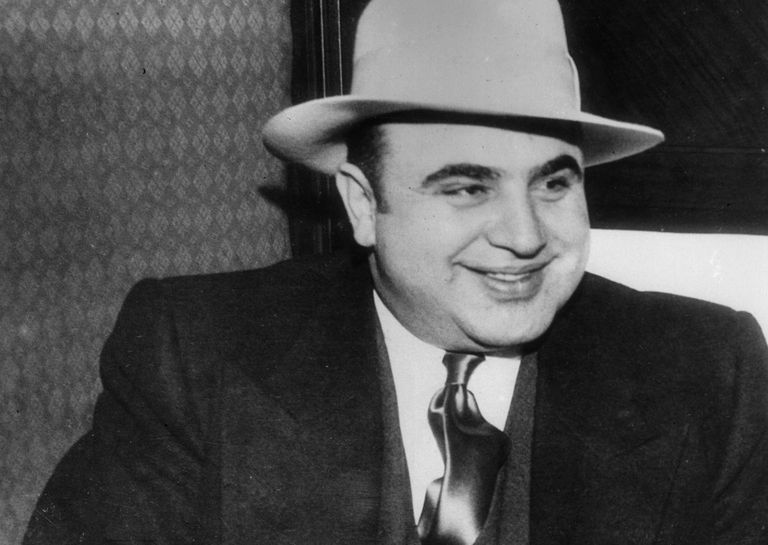Drinking a Questionable Glass of Bootleg Beer Had Never Been More Delicious…
The year is 1920. It’s been a busy week so you decide to kick back and relax at your favourite bar. You ask for some rum. The bartender pours you a glass of milk instead. You look at it in shock. Your bartender looks at you apologetically. WHERE IS YOUR LIQUOR ??

The manufacturing and distribution of alcohol was banned all across the United States in the 1920s under the 18th Amendment of the U.S. Constitution. Although America had been nowhere near the top countries of alcohol consumption, certain groups within the country felt that their own home was rampant with drunks that were ruining society.

The national prohibition of alcohol or the ‘noble experiment’ did not come into effect overnight, nor was it a decision made on a whim. There had already been a movement for the ban of alcohol that dates back to the early 19th century. Alcohol had been seen as the cause for corruption, criminality, family problems, and poverty. The women’s suffrage movement and the church supported prohibition. Women and various religious groups believed that by taking alcohol away, there would be no abuse at home and the overall faith in religion would increase. Immigrants were seen as dirty drinkers and were associated with the poor. By getting rid of liquor, it was believed that it would bring America white and better again.

People had expected to see sales in goods increase, a rise in rent prices with the closing of saloons and just a general growth in the economy. Unexpectedly, restaurants failed due to the loss of profit in alcohol sales, theatres did poorly and the government lost billions in tax revenue without liquor taxes. Business and companies were not the only ones that suffered from the Prohibition. Thousands lost their jobs as truckers, brewers, waiters and other jobs were not needed now that there was no need for breweries and beer exports. Regular people had to resort to dangerous and shady means to obtain alcohol, which were through gangs that dominated the underground bootleg beer production. Prohibition led to the rise of organized crime as gangs took advantage of the people’s desperation to get alcohol in their hands. They made a gross amount of money from smuggling and selling bootleg alcohol.

After 13 years, the Prohibition was lifted following many complaints and consequences. Businesses and the unemployed had suffered greatly with the Great Depression and morale was extremely low. America had not seen an improvement in health and hygiene like they had predicted, while crime and corruption rates had not gone down at all. The Prohibition was a gigantic flop and did more harm than good.


Sources:
www.thejournal.ie/prohibition-america-alcohol-twenties-910365-May2013/
www.ncbi.nlm.nih.gov/pmc/articles/PMC1470475/
www.pbs.org/kenburns/prohibition/unintended-consequences/
www.theguardian.com/commentisfree/2016/mar/30/prohibition-google-autocomplete
www.thecanadianencyclopedia.ca/en/article/prohibition
